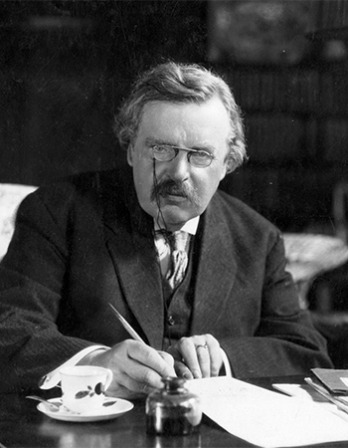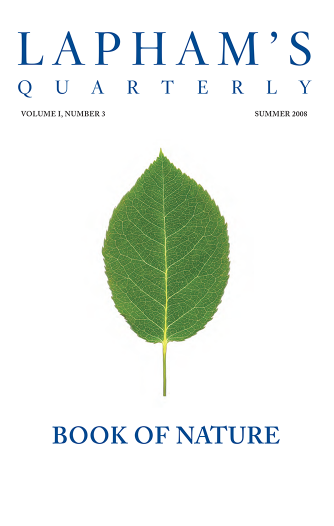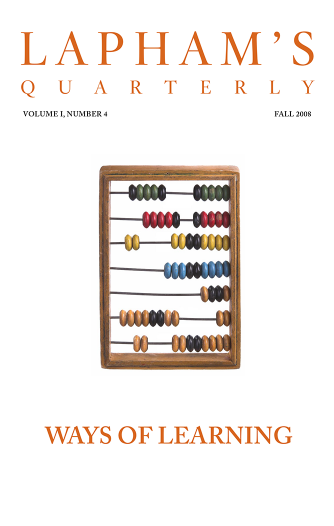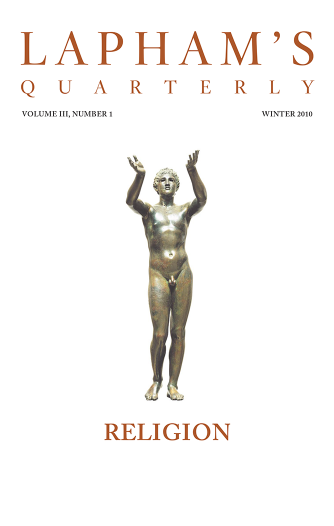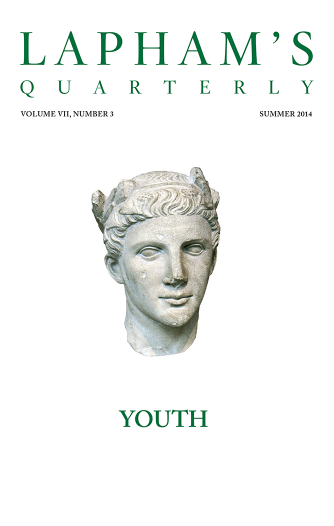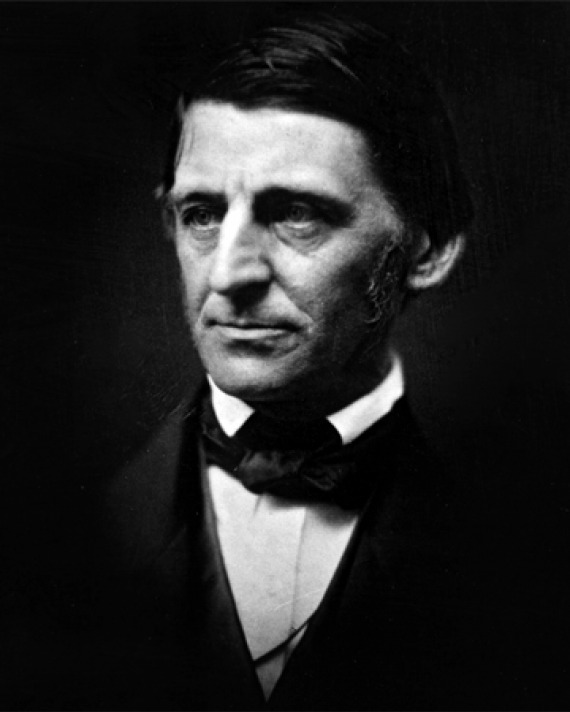
Ralph Waldo Emerson
(1803 - 1882)
Descended from a long line of clergymen, Ralph Waldo Emerson resigned from his pastorate in 1832, stating in his farewell sermon that he no longer believed in celebrating Holy Communion. Four years later he published Nature, effectively beginning the Transcendentalist movement. In 1845 Emerson allowed Henry David Thoreau use of a plot of land he owned beside Walden Pond, and in 1855, when Walt Whitman sent him a copy of Leaves of Grass, Emerson replied, “I greet you at the beginning of a great career.”


